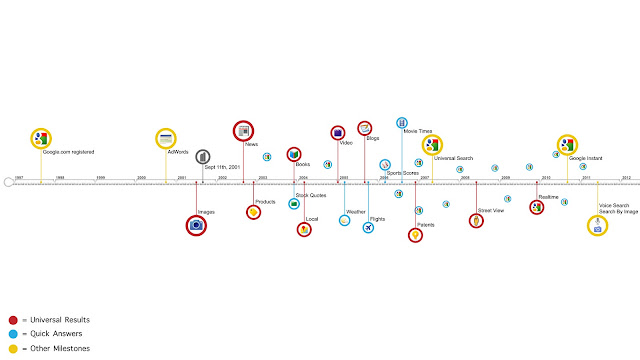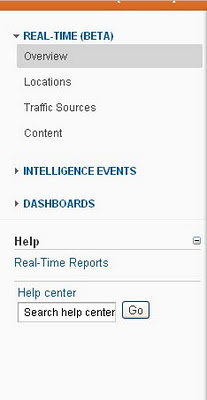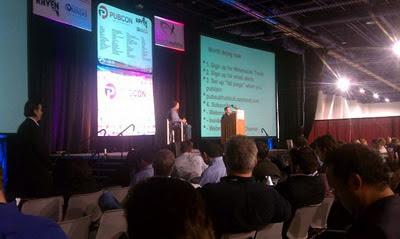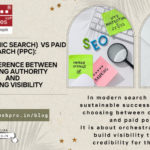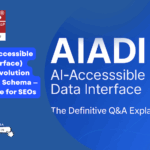Google published a video on their official search blog essaying a short history of the evolution of search, highlighting some of the most important milestones from the past decade—and a taste of what’s coming next.
Amit Singhal at the discussion hosted by Church Hill Club had openly explained the testing procedure of every algorithmic update at Google. He says that the focus has always been “DO What Is Best For The User”
Search behavior is always evolving and Google keeps on trying to keep up with the pace of this evolution in search and hence the search algorithm get updated nearly on a daily basis.
As part of making the video Google has also created a timeline of search features. The timeline categorizes the different kinds of Universal Results and Quick Answers Google has over the years:
With this kind of approach to search one can only say that search is ever evolving, dynamic and here to stay. Hence ignoring an overall search presence is the biggest mistake one can make.
